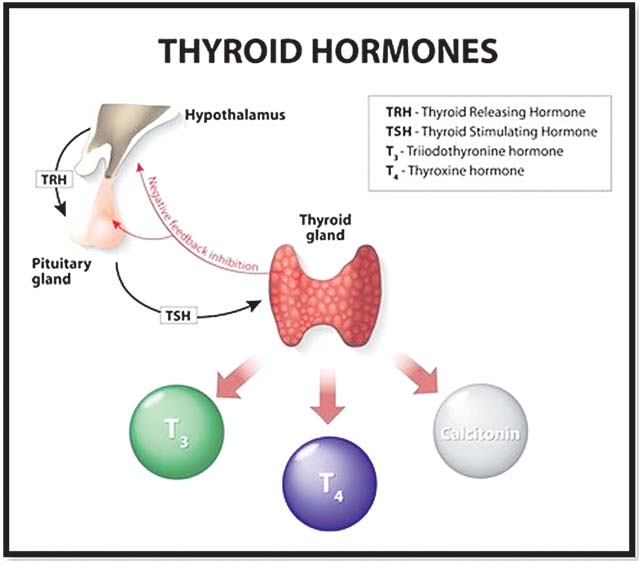The thyroid gland plays a vital role for women as it helps regulate metabolism, energy production, and hormonal balance.
It plays a significant role in women’s reproductive health affecting menstruation, fertility, and pregnancy hence outcomes for both the mother and the baby.
Thyroid disorders such as hypothyroidism and hyperthyroidism affect women more than men and symptoms of tiredness lack of energy, weight problems, irregular menstruation, and fertility issues can all be related to thyroid disorders.
Regular checkups and specific blood tests to diagnose and proper management are important factors to ensure good clinical outcomes. These service offerings are available at Oceania Hospitals and other providers.
The thyroid glands are butterfly-shaped and located in front of the neck and have a significant effect on the overall health and well-being of any woman.
Studies have demonstrated that around 1 in 8 women may experience thyroid problems during their lifetime. Menopause, pregnancy, and hormonal fluctuations can all influence thyroid function.
Hyperthyroidism is when there is an overproduction of thyroid hormones. In such cases, women may experience weight loss, rapid heartbeat, anxiety, and irregular menstrual cycles.
Hypothyroidism is when insufficient thyroid hormones are produced and this is when women experience fatigue, weight gain, dry skin, and irregular menstruation which will affect fertility increasing complications in pregnancy for both mother and the baby.
Effects on women’s health may be present with no menses, irregular menstruation, or prolonged bleeding.
Fertility Thyroid imbalance interferes with ovulation and menstruation.
Maintaining a balance of thyroid function is vital for women planning pregnancy and during pregnancy. In pregnancy, regular monitoring, and treatment are important as there is a higher risk of complications of miscarriages, fetal [ja1] developmental issues, and preterm birth.
This can cause the following complications in babies:
• miscarriage;
• premature birth;
• low birthweight;
• preeclampsia – a dangerous rise in blood pressure in late pregnancy;
• thyroid storm – a sudden, severe worsening of symptoms; and
• congestive heart failure.
How to manage that is by testing blood to measure the level of thyroid hormones (TSH, T3, T4) examining the thyroid glands, and having an ultrasound.
A nutrition-balanced diet rich in iodine, selenium, and other essential nutrients helps in thyroid health avoiding extra helpings of foods that are goitrogenic for example cabbage and kale can help.
We have qualified dieticians available at Oceania Hospitals and it is advisable to consult them before making changes. Reducing stress and adequate levels of sleep with yoga and meditation could also contribute to better thyroid health.
In conclusion, it is important to understand the thyroid gland and its role in women’s health and well-being.
This is important for screening, especially during pregnancy. For a woman to manage thyroid disorders appropriately, she needs to have a timely diagnosis, proper medical care, and lifestyle adjustments. This is important for empowerment and to maintain good thyroid health.
This enables good control and minimal restriction to life balance allowing good health and well-being for women.
- DR PUSHPA NUSAIR is the Obstetrics and Gynecology Specialist and a Senior Consultant at Oceania Hospitals Pte Ltd. The views in this article are hers and not necessarily shared by this newspaper.



